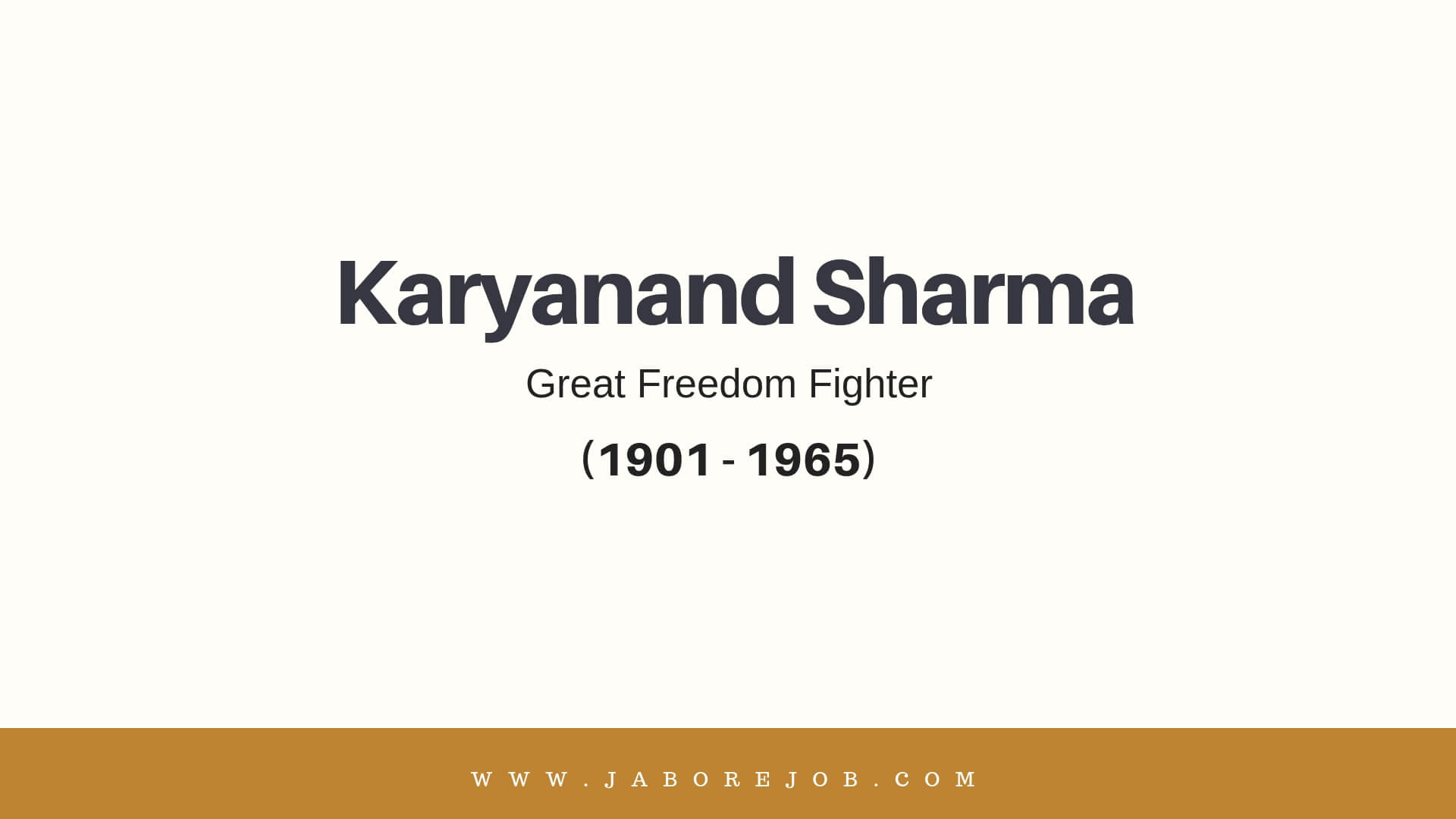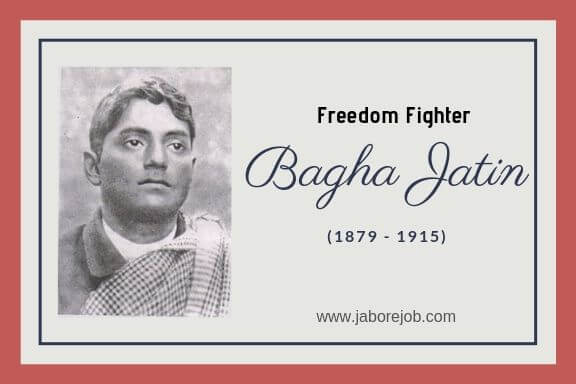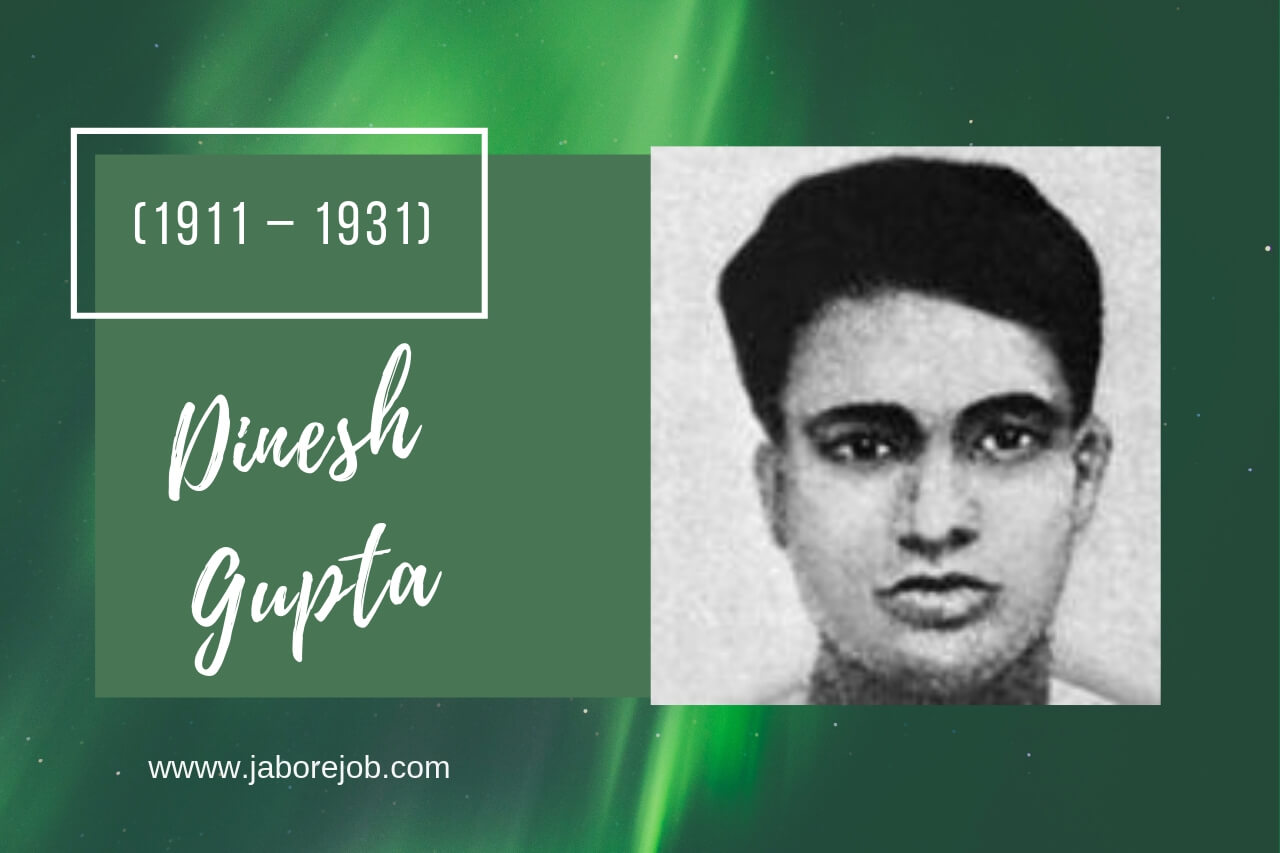Atulkrishna Ghosh was a revolutionary, who was basically from Bengal. He was one of the main defenders of the elimination of British colonial rule that caused irreversible damage to the Indian people.
This patriot was totally opposed to discrimination on behalf of caste and religion and was a strong advocate of liberal democratic ideas. His contribution to the Indian struggle for independence is very profound.
Atulkrishna Ghosh Information
| Name | – | Atulkrishna Ghosh |
| Date of Birth | – | 4th May 1890 |
| Birth Place | – | Nadia, West Bengal |
| Education | – | University of Calcutta, Presidency University, Scottish Church College, Krishnath College |
| Date of Death | – | 4th May 1966 |
| Death Place | – | Kolkata |
History of Atulkrishna Ghosh
Born in a middle-class family in Jaduboyra-Etmampur, Bangladesh, in 1890. He graduated from Krishnanath College (Behrampur) with a B.Sc. His brothers and sisters have been associated with revolutionary activities in different ways.
For example, his elder sister Meghamala and her husband, K.P.Basu, participated in activities aimed at weakening the colonial rule. Ghosh could not finish his masters because of the commitment he made to his homeland.
During his studies, he was largely in the association of future revolutionaries and scientists like Meghnad Saha.
His patriotic temperament received a very favorable atmosphere and he stopped his studies to enter the freedom movement in his own way.
Atulkrishna Ghosh Contribution in National Movement
Atulkrishna Ghosh entered the political arena in 1906. He joined Samiti Anushilan with his cousin Nolinikanta Kar.
Working as a team with Jatindranath Mukherjee, he laid the foundations for Pathuriaghata Byam Samiti, which gradually emerged as a point of armed revolution in the struggle for the freedom of India.
He was the associate of Major Jatindranath Mukherjee and provided refuge for a number of revolutionaries in his own home and that of his close relatives.
At the beginning of the First World War, Atulkrishna Ghosh and Jatindranath tried to obtain weapons in Germany and launch a revolution against British rule. The German weapons suppliers chose Balasore to deliver the weapons.
However, the British authorities became aware of the situation and attacked the area. Atulkrishna Ghosh wanted to help Jatin but could not help, as one of his associates disapproved of the idea.
The British officers confiscated all the weapons and the revolution was crushed.
Ending Years of Atulkrishna Ghosh
After the First World War, due to the insistence of Surendranath Banerjee, the orders against the defendants of Indo-German conspiracy were withdrawn.
Atulkrishna Ghosh persisted and obtained consent from the points that the fugitives would not be invited to make the arms, no explanation would be sought in their activities and previous fugitives would not be needed to give parole for their future behavior.
In 1921 he left the clandestine. However, the martyrdom of his mentor Bagha Jatin in Balasore had left him shattered.
He had lost his revolutionary fervor and, as a result, left the scene of active politics. Gopinath Saha, a British revolutionary confused for the police commissioner (Kolkata) named Tegart.
Ghosh was suspected of being part of this conspiracy because the same commissioner was responsible for the killing of Bagha Jatin. He was declared a prisoner of state in January 1924.
He became independent in 1926. He married Menoka Rani Rakshit, a native of Majilpur (24 Parganas).
He left active participation in the struggle for freedom and became an entrepreneur. He left this mortal world for heavenly abode in a peaceful state on May 4, 1966 …















